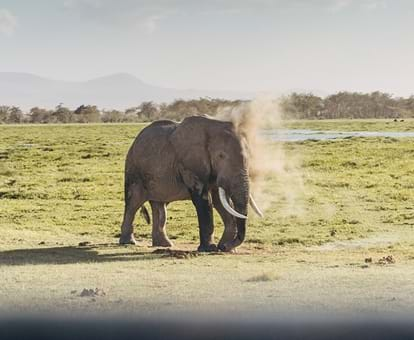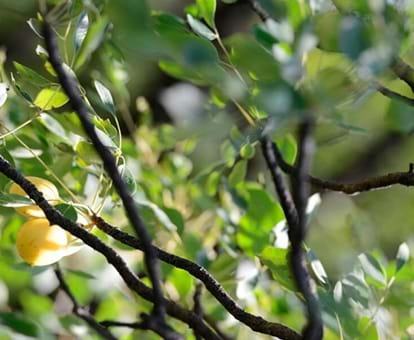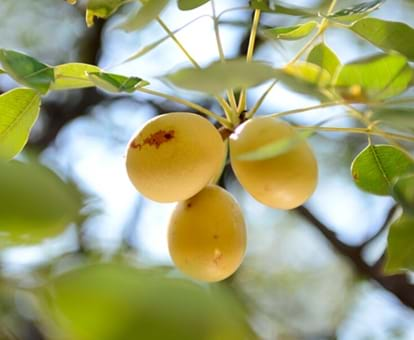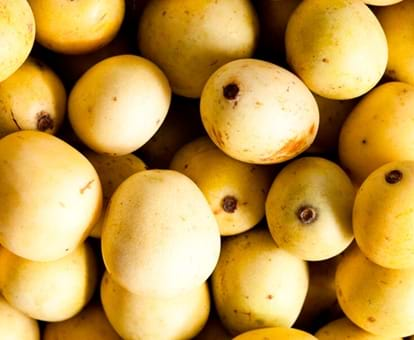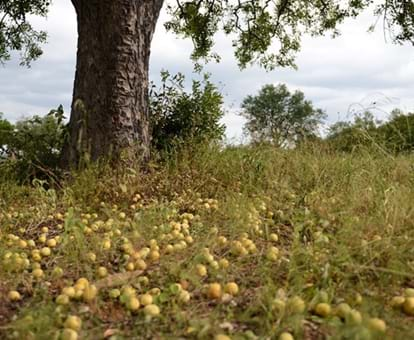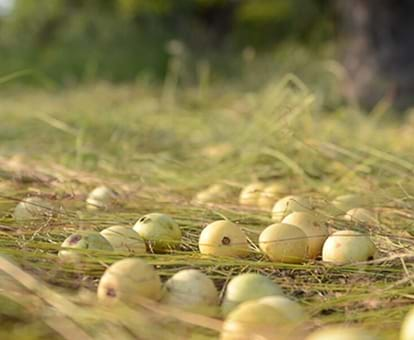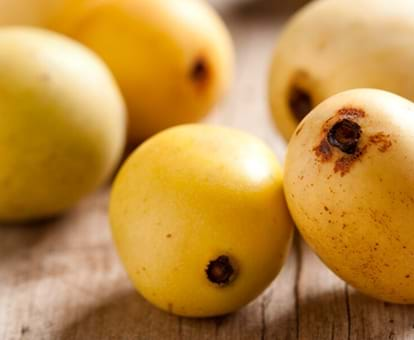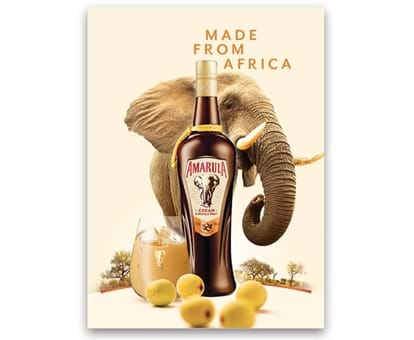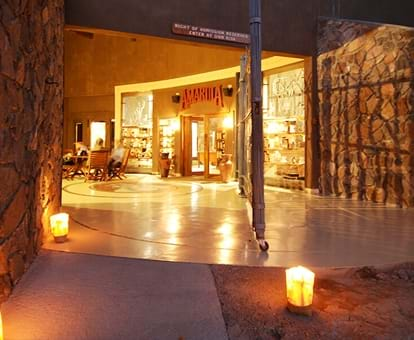By creating an account, I agree to the
Terms of service and Privacy policy
Choose your country and language:
Africa
Americas
Asia Pacific
Europe
SSince Amarula Cream’s inception as a cream liqueur in 1989, this exotic, creamy spirit has become South Africa’s most widely distributed alcoholic beverage. Sold in over 100 countries, Amarula can be enjoyed on its own, poured over ice, shaken into numerous cocktails, or be the secret ingredient in desserts and cuisine.
Amarula Cream is a South African success story. Sweet, creamy, and vibrantly fruity on the palate, with notes of caramel, peppery spice and a hint of citrus, it has an irresistible taste, which will leave you wanting more.
The fruit that provides Amarula liqueur with its unique flavour comes from the marula tree (Scelerocarya birrea). Tall and leafy, marula trees grow wild across sub-Saharan Africa. The trees are a popular place for traditional tribal gatherings and “lekgotlas” (meetings), and many important decisions have been made in the shade of this mighty African tree. The bark of the marula tree is said to have healing properties, and the kernels produce oil that is a good anti-oxidant and is used in creams and lotions.

OOnly the female marula tree bears fruit. By mid-February, the yellow-skinned, white-fleshed fruits are ripe for plucking. Many wild animals, but especially elephants, are crazy about the succulent, nutritious fruit. They’ve been known to ram the tree to dislodge their favourite snack if none has fallen to the ground.
Amarula, Limpopo
AA single tree can yield between 500kg and two tons of fruit. Between the pachyderms and the rural communities in and around the town of Phalaborwa in Limpopo who earn a living by harvesting the fruit, there’s plenty to go around at harvest time, from late January to March.
Like wine grapes, the marula fruit is hand-harvested. The fruit is crushed from the kernel, and the flesh separated from the skins before being fermented in the same way that pressed grapes are fermented to make wine. This is then double distilled and matured in small oak casks for two years before being blended with fresh cream.
It’s not only the flavour but also the folklore surrounding Amarula that adds to the marula fruit liqueur’s appeal. Though the belief that elephants purposely seek out the fermented marula fruits, and become “drunk” from them is only a fun myth, the marula tree is truly the stuff of legends.
TTravellers (both local and international) who want to learn more can visit the Amarula Lapa just outside of Phalaborwa, where they can find out about the origins of Amarula and buy a few extra bottles for friends back home.
Its oil-rich kernel is called the “food of kings”, its fruit is sky-high in Vitamin C, and locals believe it is known as “The Marriage Tree” in Zulu culture, as it is believed that those who marry beneath its branches will enjoy vigour and fertility all their days.

